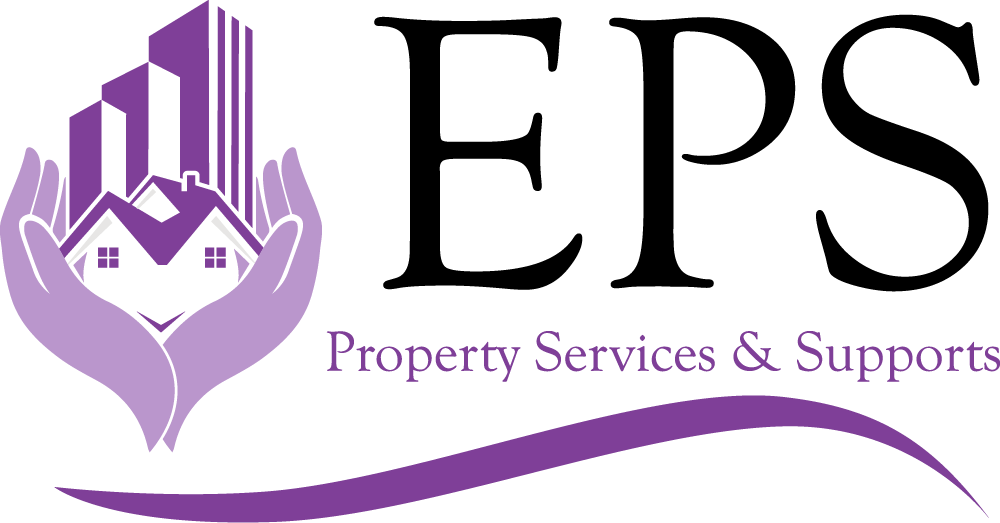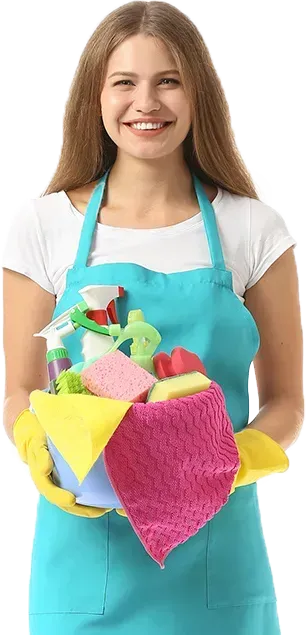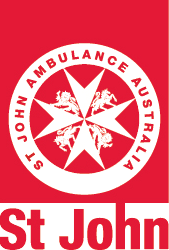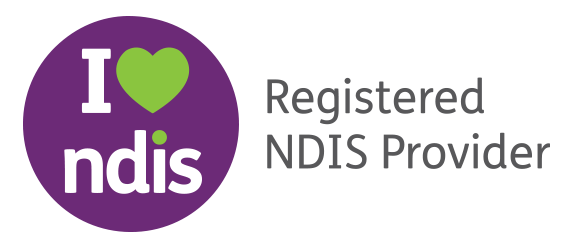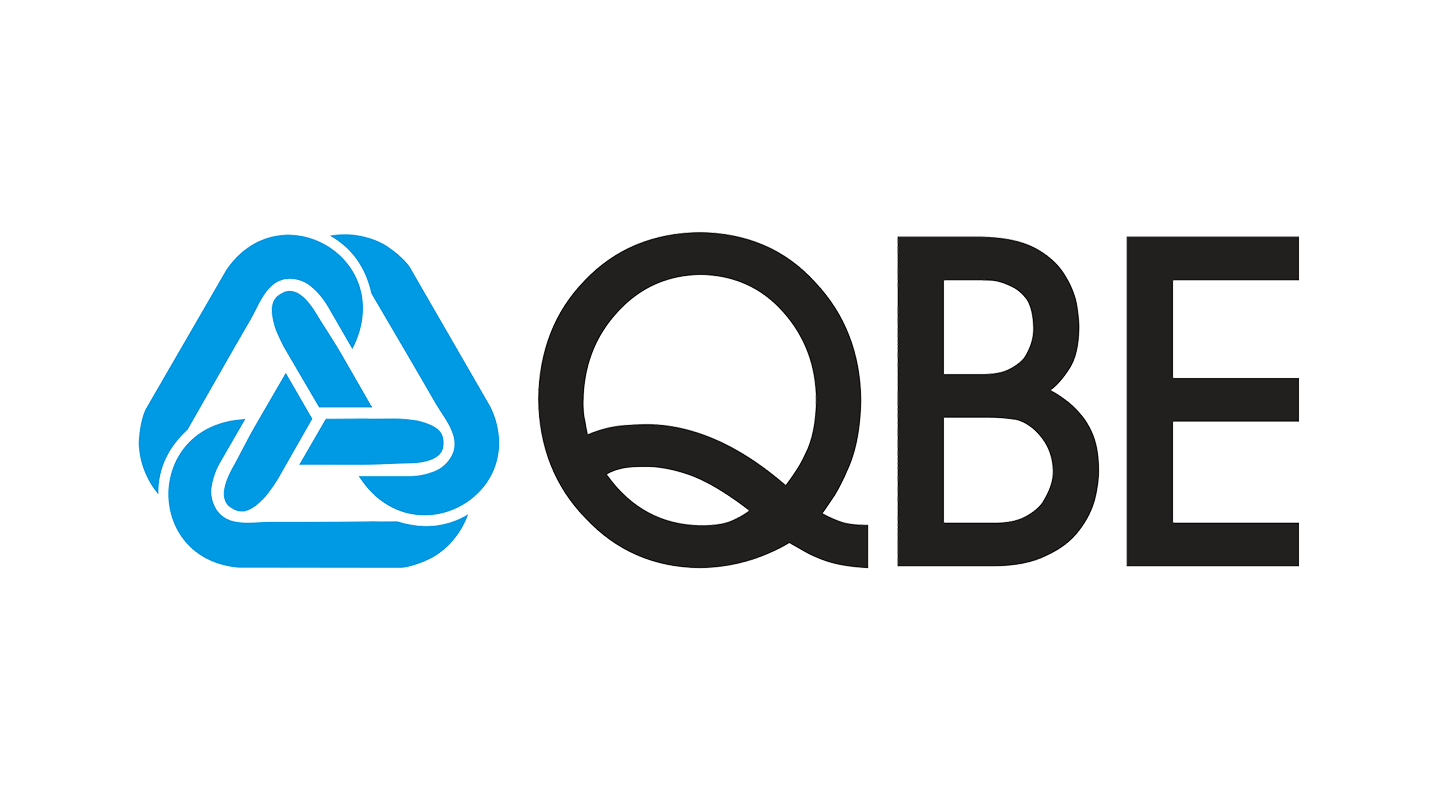Discover the Magic: Ways to Use Vinegar for Cleaning
When it comes to keeping our homes clean and fresh, many of us turn to commercial cleaning products or hire professional cleaners Newcastle. While the latter makes complete sense, especially if you have a busy schedule, the former is something you should consider avoiding as most of the cleaning products found in stores contain harsh chemicals. Thankfully, there's a natural and cost-effective alternative that has been used for centuries — vinegar.
Yes, that vinegar sitting in your kitchen pantry can work wonders in maintaining a sparkling clean home. In this article, we will explore the incredible benefits of using vinegar for cleaning and discover ingenious ways to incorporate it into your cleaning routine.
What is Vinegar Made Of?
Vinegar is made of acetic acid, which is a weak organic acid formed during the fermentation process when bacteria, specifically Acetobacter species, convert ethanol into acetic acid. The concentration of acetic acid in vinegar typically ranges from 4% to 8%, which gives it its characteristic sour taste and pungent odour. Moreover, acetic acid's antimicrobial properties make vinegar an excellent choice for killing bacteria and disinfecting surfaces throughout the home.
Cleaning Vinegar vs Distilled White Vinegar
These are both popular household items, but they serve different purposes and possess distinct properties.
Cleaning vinegar is specifically formulated for cleaning purposes. This is effective in breaking down dirt, grime, and stains on various surfaces. It is ideal for cleaning countertops, glass, carpets, and tiles, and can also be used as a natural weed killer in the garden. While cleaning vinegar is non-toxic and environmentally friendly, it should not be consumed due to its higher acidity level.
On the other hand, distilled white vinegar is a versatile type of vinegar that can be used for a wide range of tasks, including cooking, cleaning, and other household chores. It has a lower acidity level compared to cleaning vinegar, usually around 5%. This milder acidity gives it a less pungent smell and makes it safe for consumption and use in food preparation. It can be utilised in cooking, baking, pickling, and salad dressings. It is also suitable for some cleaning tasks, such as removing odours, descaling appliances, and cleaning windows.
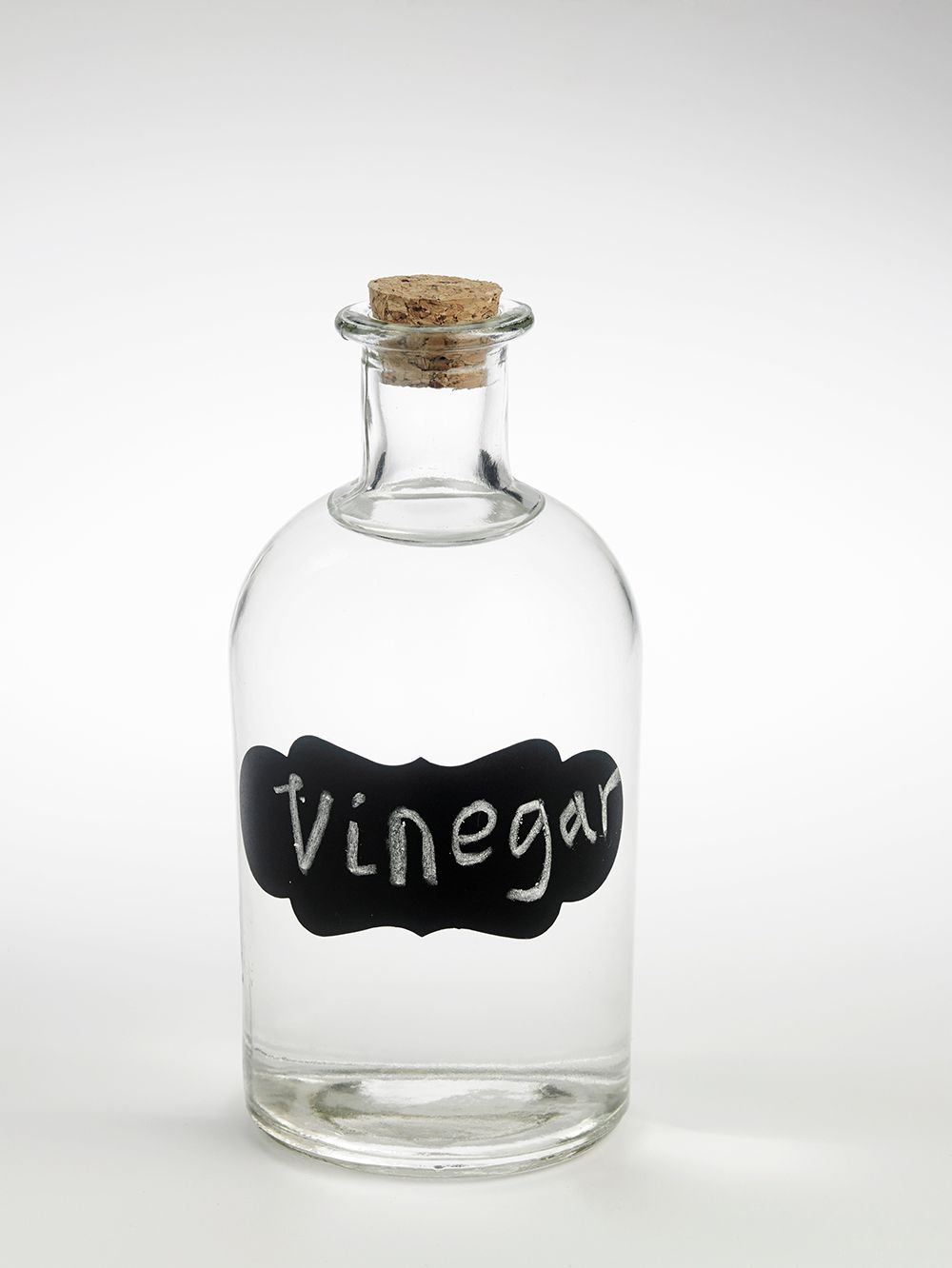
Ways to Make a Vinegar Cleaning Solution
Cleaning your home can be a joyous and chemical-free experience when you harness the power of vinegar. From being an all-purpose cleaner to removing stubborn stains and neutralizing odours, vinegar offers numerous benefits that go beyond its culinary uses.
So, why not give it a try? Whether you're looking for budget-friendly cleaning options or want to enhance the efforts of cleaning services Wollongong, incorporating vinegar into your cleaning routine will leave your home sparkling and fresh.
Here are some of the ways to clean with vinegar in every room of your house:
White Vinegar and Water in a Spray Bottle
Soap scum is a common problem in bathrooms, but vinegar can help dissolve it easily. Mix equal parts of white distilled vinegar and water. Spray the solution onto the soap scum and let it sit for 15 minutes. Scrub with a soft cloth or sponge, then rinse with warm water.
For streak-free windows and mirrors, mix equal parts of white vinegar and water in a spray bottle. Spray the solution onto the glass surface and wipe with a soft cloth or sponge for best results.
Vinegar with Baking Soda
To harness the cleaning power of vinegar and baking soda, start by mixing equal parts of white vinegar and water in a spray bottle. This diluted solution can be used for general cleaning on surfaces like countertops, glass, and tiles. For tough stains or grime, sprinkle baking soda directly onto the surface, then spray with the diluted vinegar solution. Allow the mixture to fizz and work its magic for a few minutes before scrubbing with a brush or cloth.
For cleaning slow-running drains and removing odours, pour half a cup of baking soda, followed by half a cup of vinegar. Cover the drain with a cloth or plug to keep the fizzing action contained. After 15-20 minutes, flush the drain with hot water to remove any remaining residue.
Mix Vinegar and Dishwashing Liquid
To create this mixture, simply add a few drops of dishwashing liquid to your white vinegar in a bowl. Stir well to ensure that the two ingredients are thoroughly mixed. This solution can be used to clean kitchen surfaces and even stubborn pots and pans. For best results, spray or apply the mixture onto the surface, let it sit for a few minutes to penetrate the dirt and grime, then scrub gently with a soft cloth or sponge before rinsing with water.
Add Your Favorite Essential Oils
To create a scented vinegar cleaner, simply add a few drops of your chosen essential oil to one cup of white vinegar in a spray bottle. Shake well to ensure the oil and vinegar are thoroughly mixed.
Things You Should Never Clean With Vinegar
There are certain surfaces and materials it should not be used due to its acidic nature. Here are some things you should never clean with vinegar:
1. Natural Stone Surfaces
Vinegar's acidity can damage natural stone materials such as granite, marble, and limestone by etching the surface. Instead, use a pH-neutral cleaner specifically designed for these types of surfaces to avoid any damage.
2. Hardwood Floors
Using vinegar on wood floors or wood furniture can dull the finish and potentially damage the wood over time. Go for a gentle, pH-neutral cleaner that is specifically formulated for cleaning wood floors to keep them looking their best.
3. Electronic Devices
The acids in vinegar can corrode electronic components and damage screens if used to clean devices like smartphones, tablets, and computers. Instead, use a microfiber cloth and a cleaning solution specifically designed for electronics.
4. Irons and Steamers
Avoid using vinegar to clean the interior of irons and steamers, as it can damage the internal components. Instead, follow the manufacturer's instructions for cleaning and descaling these appliances.
5. Egg Stains and Spills
Cleaning egg spills or stains with vinegar can cause the proteins in the egg to coagulate, making the mess even more difficult to remove. Instead, use warm water and mild dish soap to clean up egg-related messes.
6. Aluminum and Cast Iron Cookware
Vinegar can react with aluminium and cast iron, causing pitting and discolouration. To clean these types of cookware, use mild dishwashing soap and water, or follow the manufacturer's recommended cleaning methods.
7. Certain Fabrics
Vinegar can cause colour bleeding or fading on certain delicate fabrics, such as silk or wool. Always check the care label before using vinegar on fabrics and opt for a gentle, fabric-specific cleaner when in doubt.
Conclusion
Vinegar is a powerful and natural cleaning solution that can effectively tackle a wide range of cleaning tasks. Its versatility, affordability, and eco-friendliness make it an excellent choice for those who want to embrace a more sustainable approach to cleaning. You don't have to break the bank to maintain a clean and healthy living space when you have vinegar in your arsenal.
